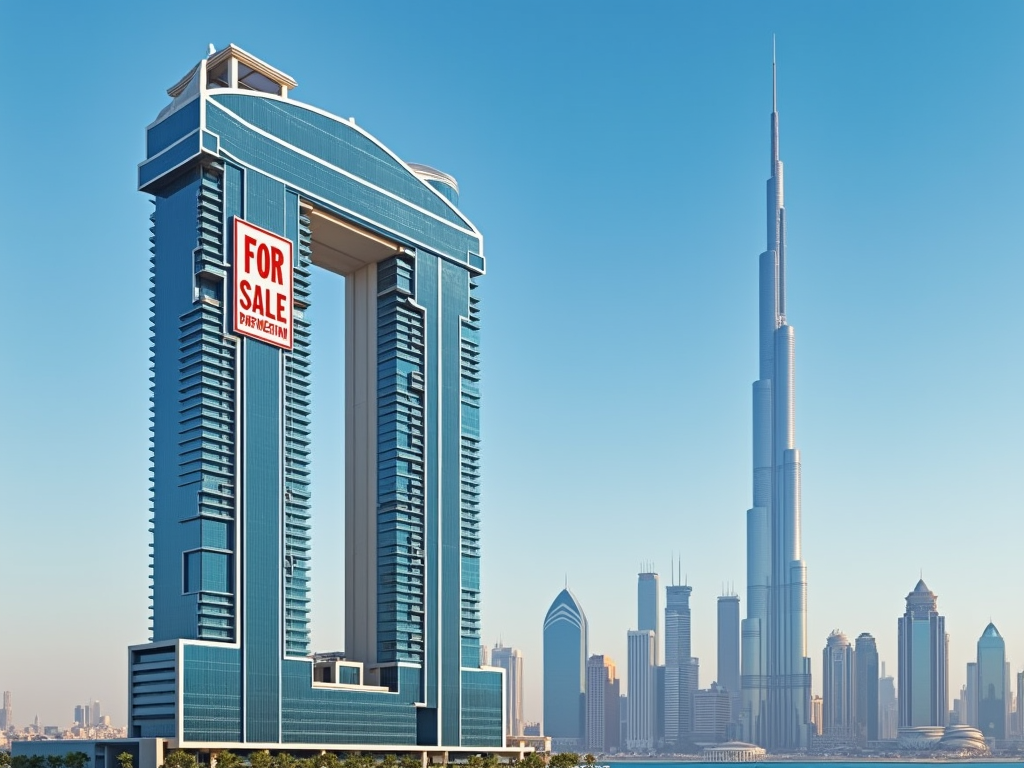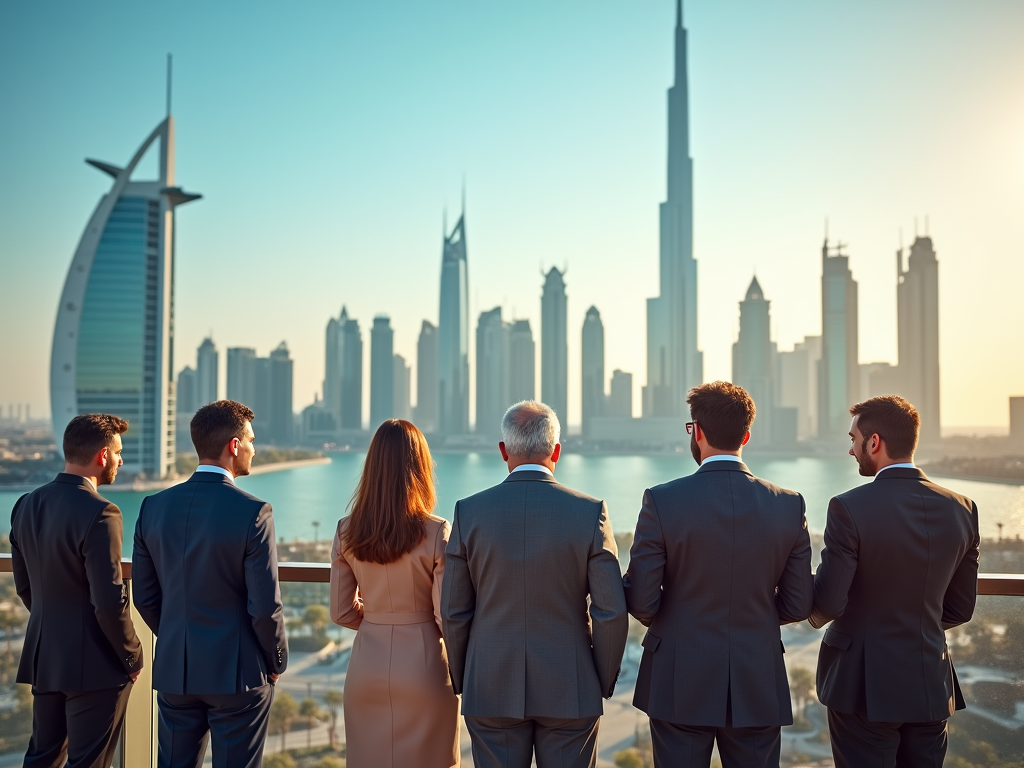
How Dubai’s Real Estate Investment Policies Are Evolving
Dubai’s real estate market is renowned for its dynamism and innovation, continually shaped by policy adjustments and strategic initiatives. Over the years, the government has implemented various investment policies aimed at attracting foreign capital, stimulating economic growth, and ensuring sustainable development. As a result, investors are experiencing a landscape that is increasingly aligned with global standards and contemporary needs. This article explores the evolving policies governing real estate investment in Dubai, analyzing their impact on both local and international investors.
Current Landscape of Dubai’s Real Estate Investment Policies

The current real estate investment policies in Dubai reflect a coherent strategy to enhance the emirate’s position as a global business hub. Significant changes have been made to attract foreign investments by relaxing regulations and introducing new initiatives. These policies encompass a variety of sectors, including residential, commercial, and industrial real estate. A primary focus has been to establish a transparent regulatory framework that facilitates ease of doing business. Moreover, recent policies have included the introduction of long-term visas and the establishment of freehold properties, further amplifying investor confidence. The government aims to foster an environment where both domestic and foreign investors can thrive.
Key Policy Initiatives Supporting Foreign Investment

Dubai’s government has taken significant steps to improve its real estate investment climate through several key policy initiatives. Here are some notable measures:
- Long-Term Residency Visas: Investors can now secure long-term residency visas, allowing them to live and work in Dubai. This initiative aims to attract high-net-worth individuals and business owners.
- 100% Foreign Ownership: Policies have been implemented to allow for 100% foreign ownership in numerous sectors, including real estate, empowering international investors to fully control their assets.
- Flexible Payment Plans: Developers are offering increasingly flexible payment plans that allow investors to manage their finances better and invest without immediate full capital outlay.
- Streamlined Regulatory Approvals: The government has simplified the approval processes required to buy or sell real estate, making it an attractive prospect for new and existing investors.
- Robust Infrastructure Development: Significant investment in infrastructure development supports real estate value, enhancing connectivity and access to key amenities.
The Role of Technology in Real Estate Investment
The integration of technology into Dubai’s real estate sector has transformed how investments are made and managed. With the rise of digital platforms, investors now have more accessible tools to analyze market trends, monitor property values, and even conduct transactions online. Blockchain technology has been particularly influential, providing enhanced transparency and security during property transactions. Virtual reality and augmented reality technologies are revolutionizing property showcasing, allowing potential buyers to experience properties remotely. Moreover, data analytics offers deeper insights into consumer behavior and market dynamics, enabling investors to make informed decisions. Overall, technology has catalyzed efficiency and sophistication in Dubai’s real estate investment landscape.
Future Trends in Dubai’s Real Estate Investment Policies
Looking ahead, several key trends are anticipated to shape Dubai’s real estate investment policies. Firstly, sustainability is expected to play an increasing role in policy frameworks, with a focus on eco-friendly buildings and sustainable development practices. Secondly, the government is likely to enhance investor support services, making it easier for international buyers to navigate the market and comply with regulations. Additionally, partnerships between private and public sectors may become more prevalent, fostering innovation and investment in emerging sectors such as technology and healthcare. Lastly, as remote work continues to gain popularity, the demand for flexible real estate solutions is likely to rise, prompting policies that facilitate adaptable living and working environments.
Conclusion
Dubai’s evolving real estate investment policies reflect an ongoing commitment to fostering a robust investment climate. Through strategic initiatives aimed at enhancing transparency, accessibility, and sustainability, Dubai continues to attract both local and international investors. As the emirate positions itself as a global hub for business and lifestyle, the evolution of its real estate investment framework underscores the importance of adaptability in a rapidly changing world. Investors can look forward to a future filled with opportunities in Dubai’s thriving real estate market.
Frequently Asked Questions
1. What are the main advantages of investing in Dubai real estate?
Investing in Dubai offers several advantages, including strong economic growth, a strategic location, 100% foreign ownership of properties, and a favorable tax regime. Additionally, Dubai’s real estate market has shown resilience and significant appreciation potential.
2. How has technology impacted real estate transactions in Dubai?
Technology has streamlined real estate transactions, providing digital platforms for listings, virtual tours using augmented reality, and enhanced security through blockchain. This fosters transparency and makes the investment process more efficient for buyers and sellers.
3. Are there any risks associated with investing in Dubai’s real estate market?
As with any investment, risks do exist. Potential risks in Dubai’s real estate market include market fluctuations, oversupply in certain sectors, and regulatory changes. However, thorough research and strategic decision-making can mitigate these risks.
4. What types of properties are most popular among investors in Dubai?
Popular property types among investors in Dubai include luxury residential properties, commercial real estate, and off-plan developments. Each type offers unique advantages, catering to different investment strategies and goals.
5. How does Dubai’s government support foreign investors?
Dubai’s government supports foreign investors through initiatives such as long-term residency visas, streamlined regulatory approvals, and favorable ownership structures. These measures aim to create a welcoming environment for international investment and participation in the local economy.

